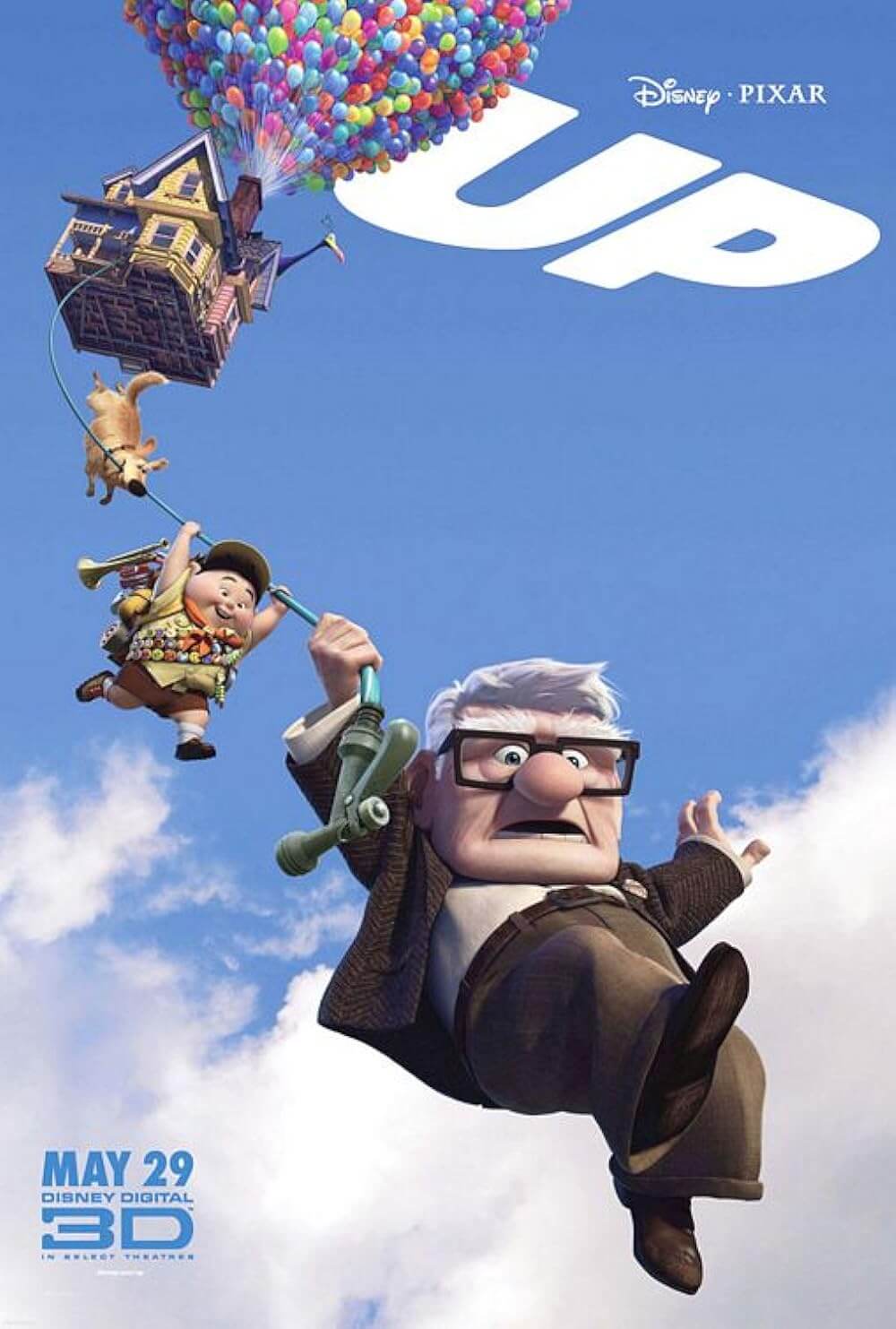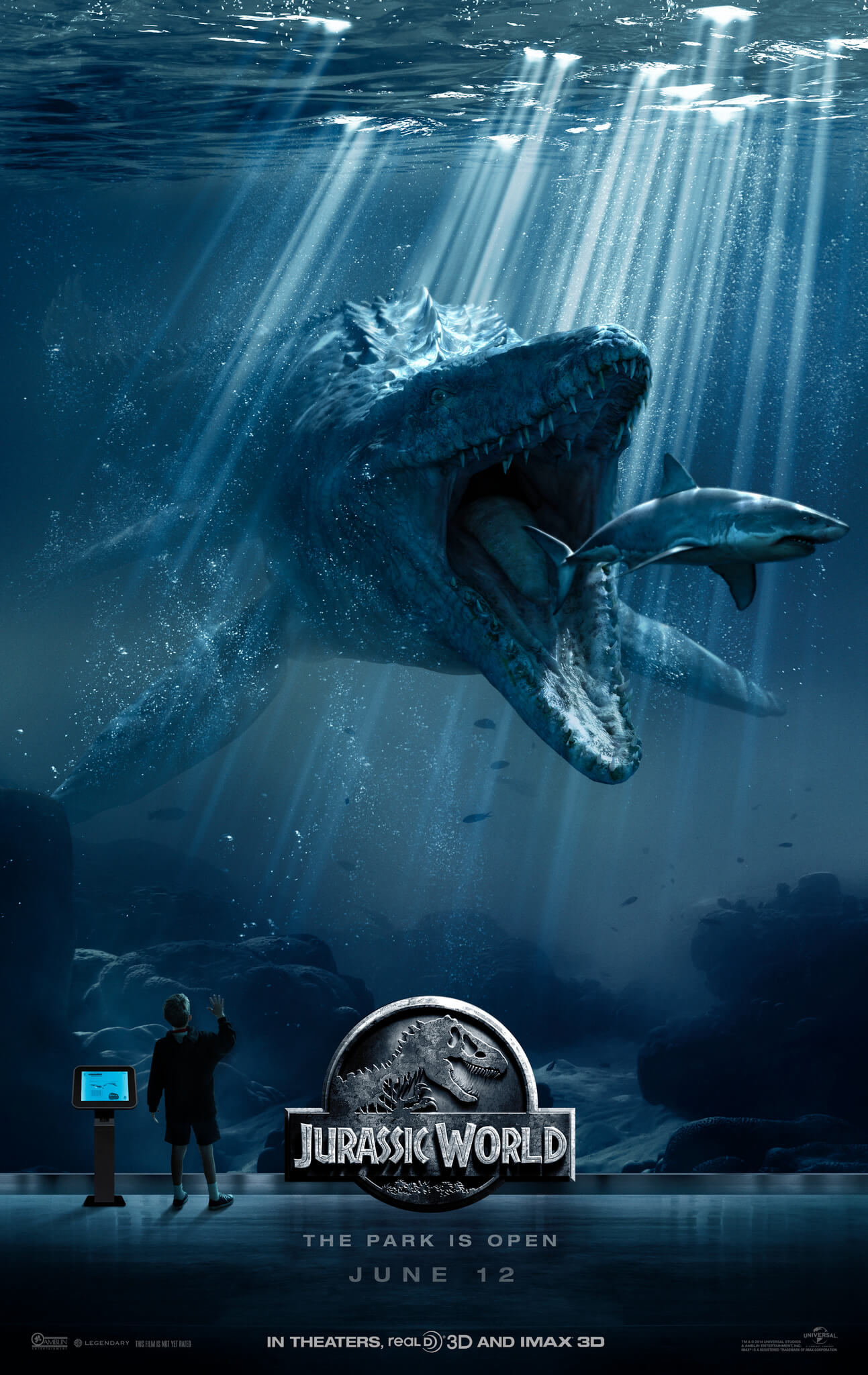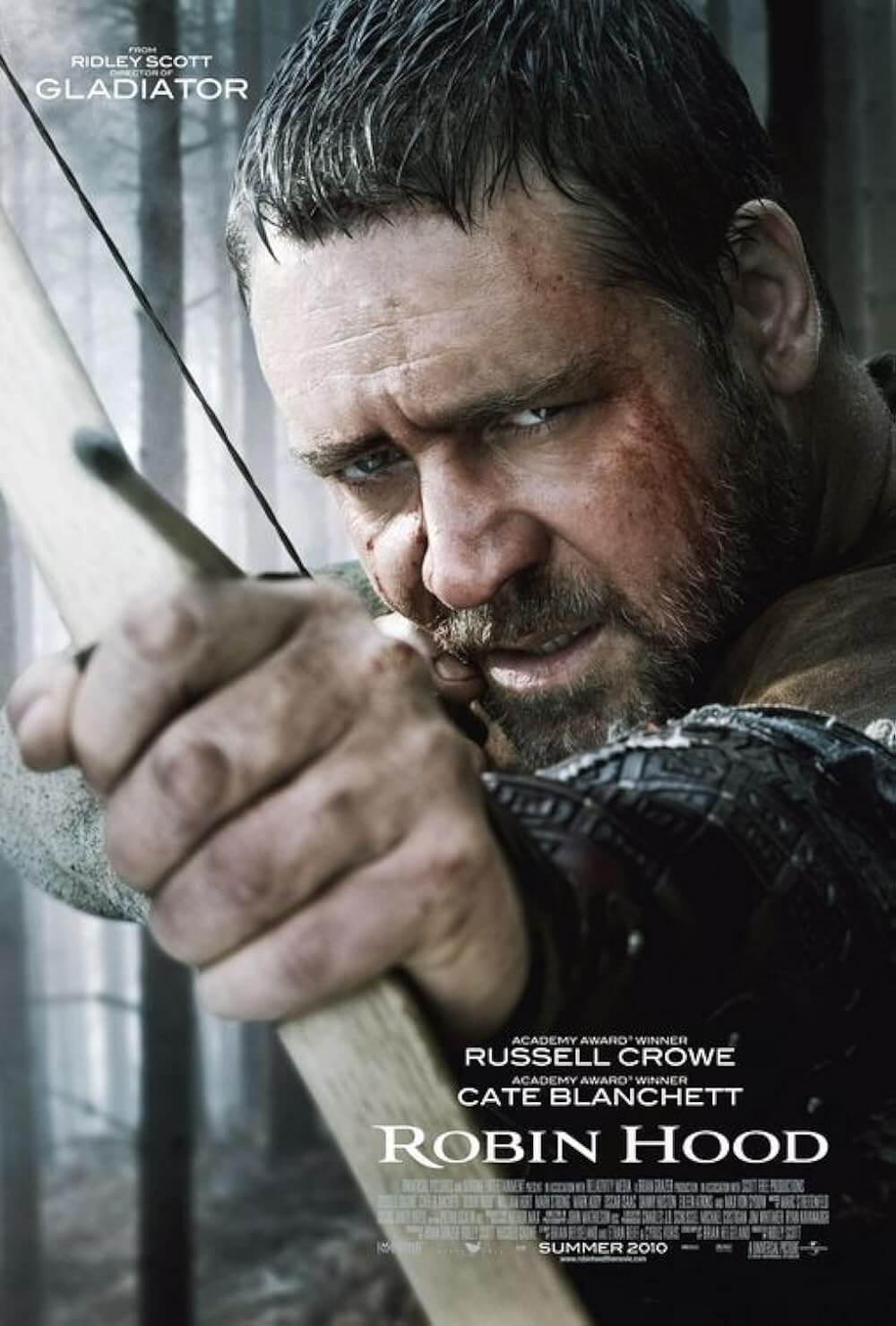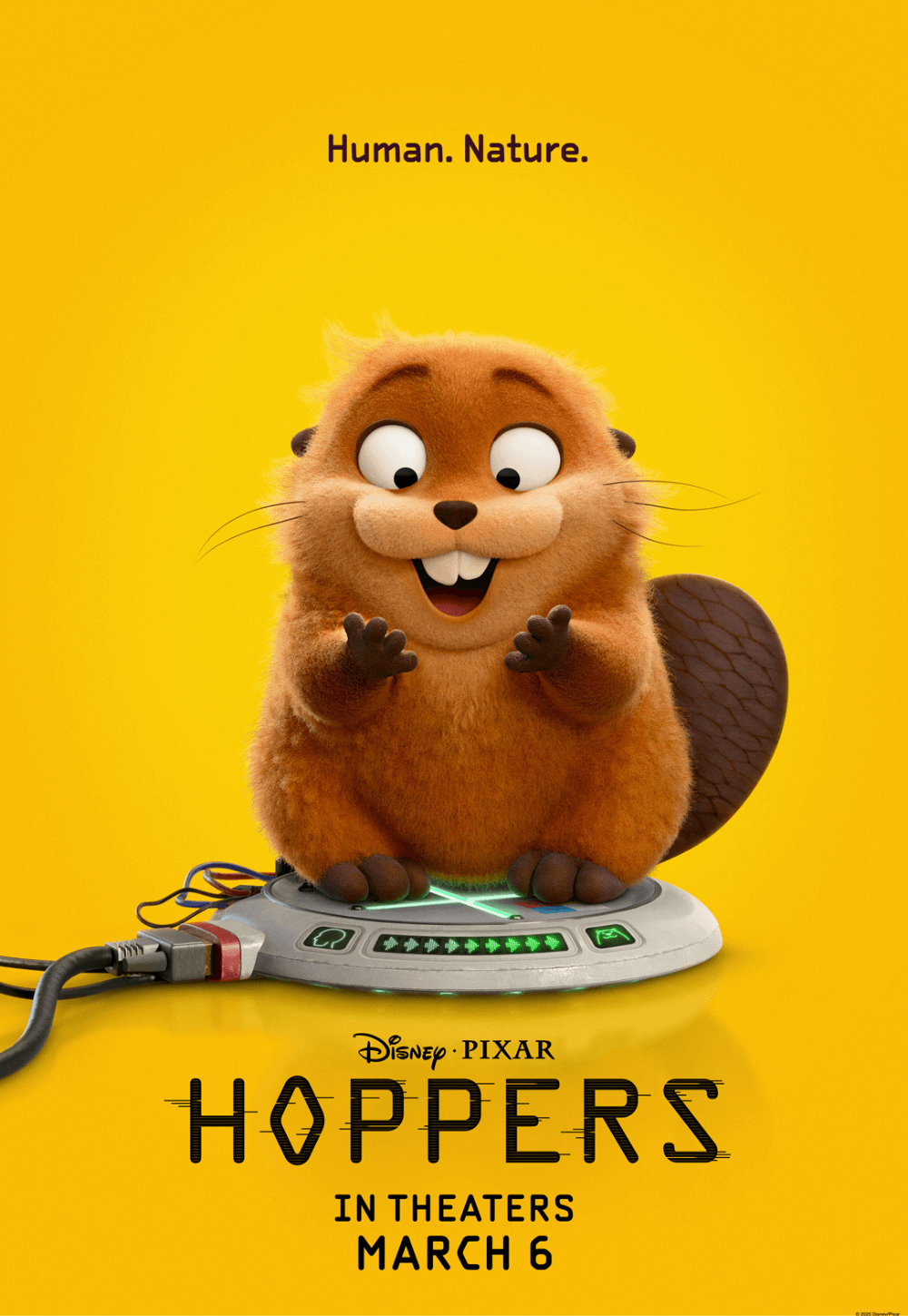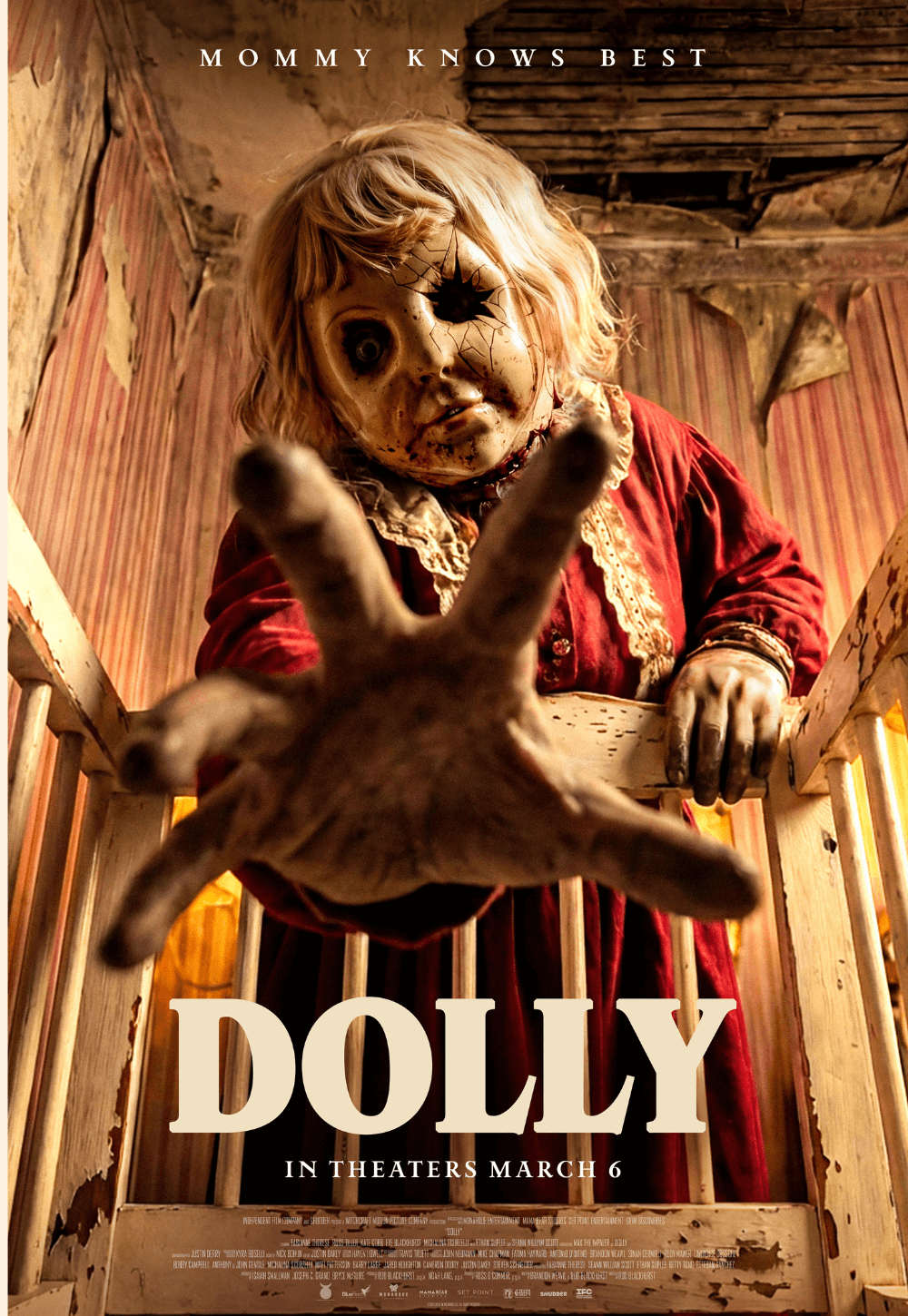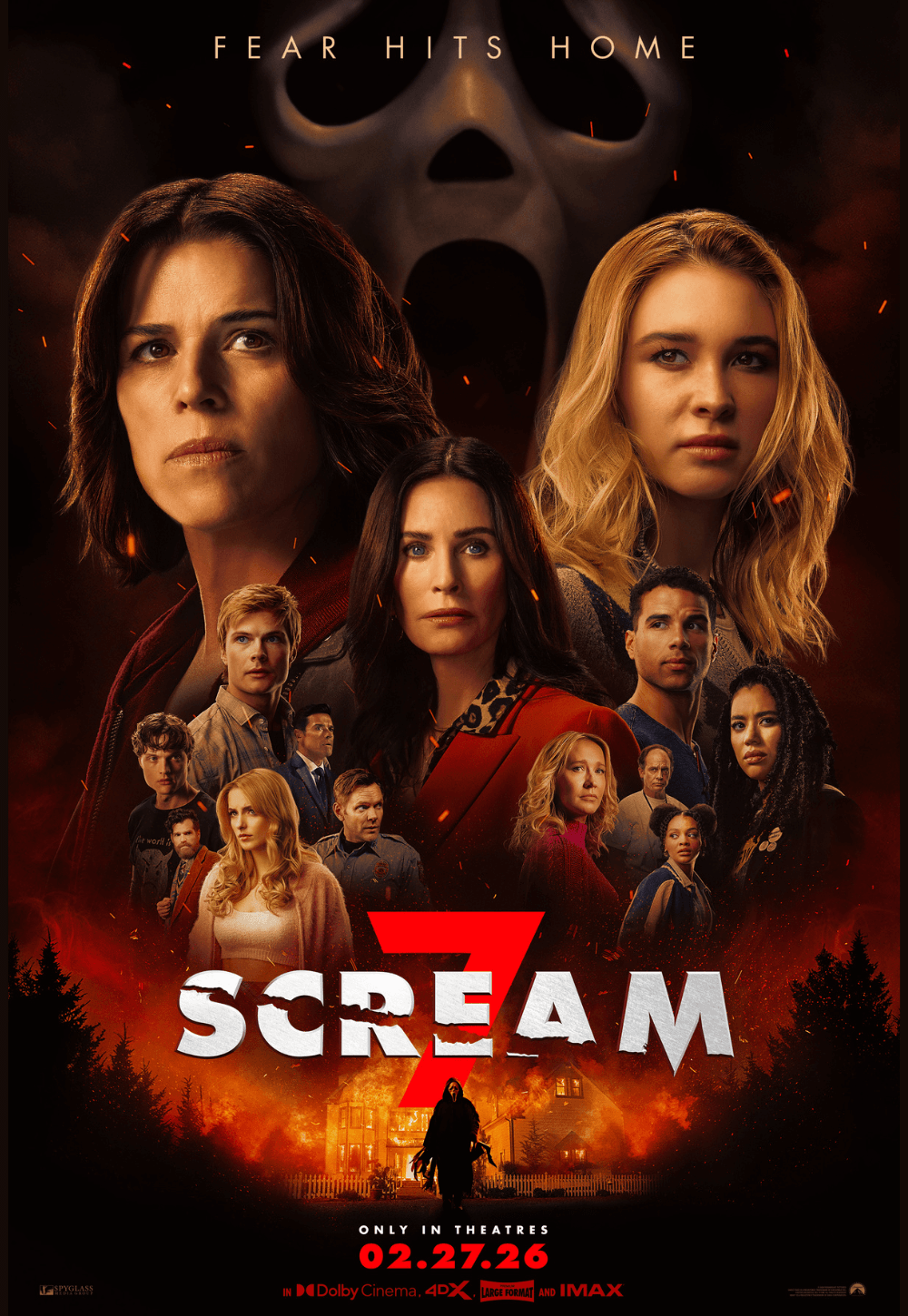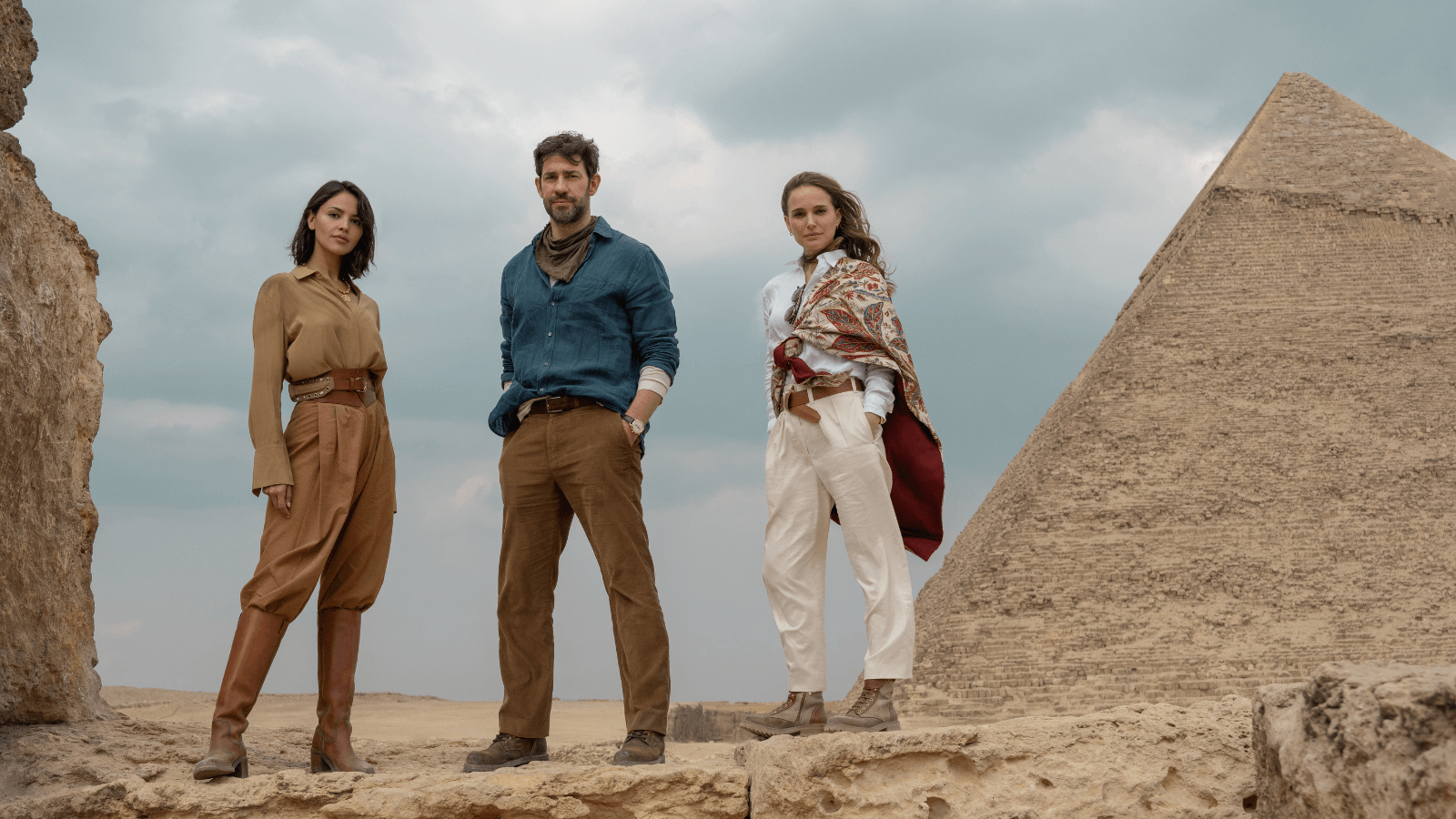
Fountain of Youth
By Brian Eggert |
After watching Fountain of Youth, I felt as though I had looked into a bottomless abyss, but nothing looked back. Nietzsche was wrong, at least regarding this lump of nada from Apple TV+—sometimes, there’s just a void. At first glance, the view is promising: Director Guy Ritchie (Snatch, 2000) helms an original screenplay by James Vanderbilt (Zodiac, 2007), starring John Krasinski, Natalie Portman, Eiza González, Domhnall Gleeson, and Stanley Tucci. The story follows an adventurer who tracks down the mythical source of eternal life, uncovering clues hidden inside iconic paintings and world landmarks located in Bangkok, London, Vienna, and Egypt. However fun its premise may sound, the movie goes beyond derivative, borrowing every idea and sequence from various Indiana Jones movies, Dan Brown novels, Tomb Raider and Uncharted video games, and other similarly themed fiction. There’s no inspiration behind it. The movie’s unfathomable emptiness creates a black hole into which all creative light disappears.
Perhaps I’m being dramatic. But what a colossal, uninspired slog this was. Ritchie sets aside his recent return to smaller-scale, stylishly crafted productions such as Wrath of Man (2021) and The Ministry of Ungentlemanly Warfare (2024) for another hollow, blockbuster-style spectacle on par with his live-action Disney movie, Aladdin (2019). The director’s work thrives when he has a hand in the screenplay. But there’s no trace of Ritchie’s punchy antics in this script, which has the same generic, forgettable quality as Vanderbilt’s two Murder Mystery movies (2019, 2023) for Netflix. Ritchie was reportedly hired to replace Dexter Fletcher, who helmed the abysmal Ghosted for Apple TV+ back in 2023. Maybe Fletcher could tell he would have been overseeing another vacuous dud and resolved to bow out. Lucky him. Ritchie, meanwhile, struggles to bring life to Fountain of Youth’s tired tropes, trite dialogue, and formulaic plotting.
The sole Ritchie-ism appears in the opening sequence, with his post-Tarantino aesthetic in full effect, from the yellow opening titles to a cover of Cher’s “Bang Bang (My Baby Shot Me Down)” on the soundtrack. The setup follows Luke Purdue (Krasinski), a roguish character who dresses like Brendan Fraser in The Mummy (1999), as he searches for the fountain of youth—a venture funded by dying billionaire Owen Carver (Gleeson). Luke enlists the expertise of his decidedly less adventurous sister, Charlotte (Portman), who’s in the middle of a divorce and custody battle for her son, Thomas (Benjamin Chivers). Luke and Charlotte’s late father was an adventurer too, and they live in the shadow of his reputation. And so, our hero and his team (Carmen Ejogo, Laz Alonso) attempt to find the mythic spring before the competition (González), all while evading an investigator (Arian Moayed) and facing predictable double-crosses. But none of these actors or characters distinguish themselves in Vanderbilt’s paint-by-numbers script.
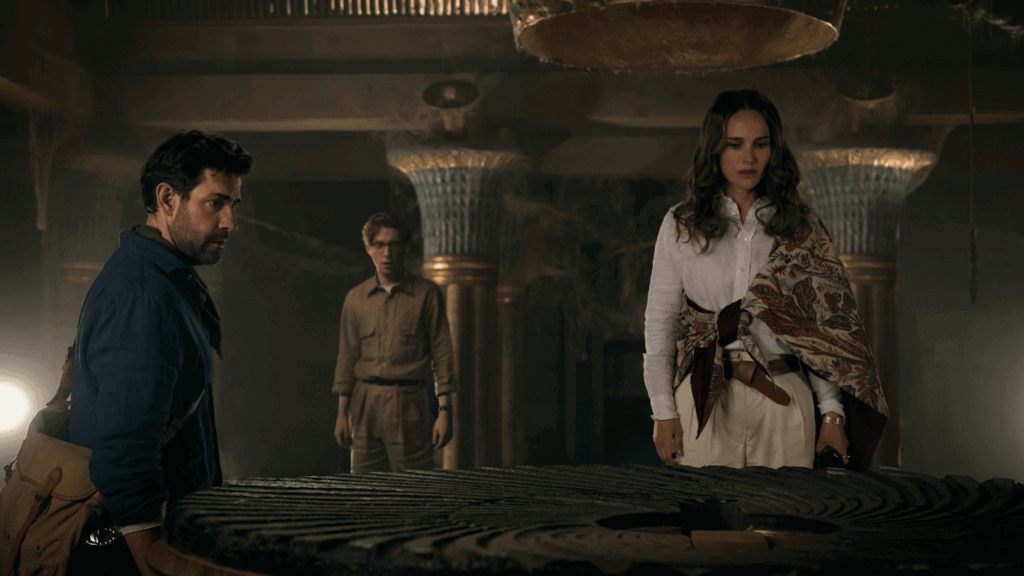
While Fountain of Youth has an unmistakable air of familiarity—recalling the family dynamics and MacGuffin in Indiana Jones and the Last Crusade (1989)—the movie never overcomes its sleepy narrative. The script isn’t sharp enough to land the flirty rivalry between Krasinski and González; it can’t even manage the platonic chemistry between Krasinski and Portman. The most compelling aspects aren’t supplied by Vanderbilt’s screenplay but by the refreshing real-life locations and historical reference points. For instance, Vanderbilt nods to many famous paintings, secret chambers in the pyramids of Giza, and the Wicked Bible, which has a misprint that reads, “Thou shalt commit adultery.” The characters dive to the Lusitania, sunken since World War I, to recover some clues hidden in a safe by one of Vanderbilt’s ancestors (yes, he’s one of those Vanderbilts). If nothing else, the movie might inspire viewers to explore human history and its fascinating stories and relics, a category to which this movie does not belong.
As Luke and company race from one part of the globe to another, Ritchie and cinematographer Ed Wild present the action in clean but dully straightforward terms, showcasing few of the director’s customary zippy visual tricks. Only the occasional slow-mo shootout or fight breaks up the monotonous presentation, which might have put me to sleep had I not been taking notes. Vanderbilt’s script also features an ongoing debate between Luke and Charlotte about what matters most: the journey or the destination. “The reward is the journey,” Luke says, quoting their father. And while I asked myself what’s most important when watching a movie like Fountain of Youth, the journey or the destination, I realized it doesn’t matter. Neither the journey nor the destination have much to offer here. Instead, the line that captured the movie best was when Thomas tells his mother, “You are pretty boring.” And when you consider that the production had a budget in the hundreds of millions, it’s offensive that the filmmakers couldn’t manage to make a more engaging adventure.
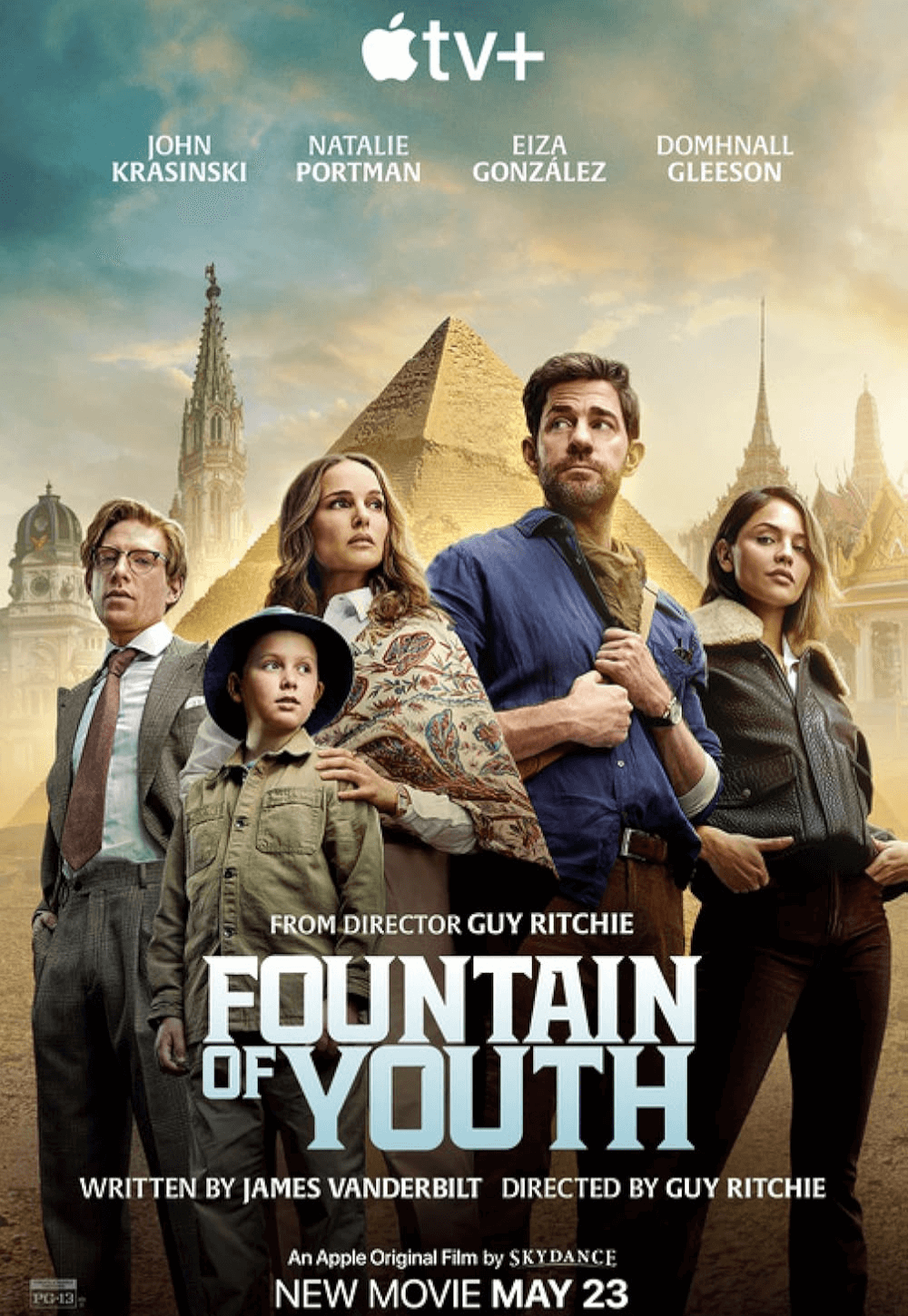
Thank You for Supporting Independent Film Criticism
If the work on DFR has added something meaningful to your love of movies, please consider supporting it.
Here are a few ways to show your support: make a one-time donation, join DFR’s Patreon for access to exclusive writing, or show your support in other ways.
Your contribution helps keep this site running independently. However you choose to support the site, please know that it’s appreciated.
Thank you for reading, and for making this work possible.
Brian Eggert | Critic, Founder
Deep Focus Review


